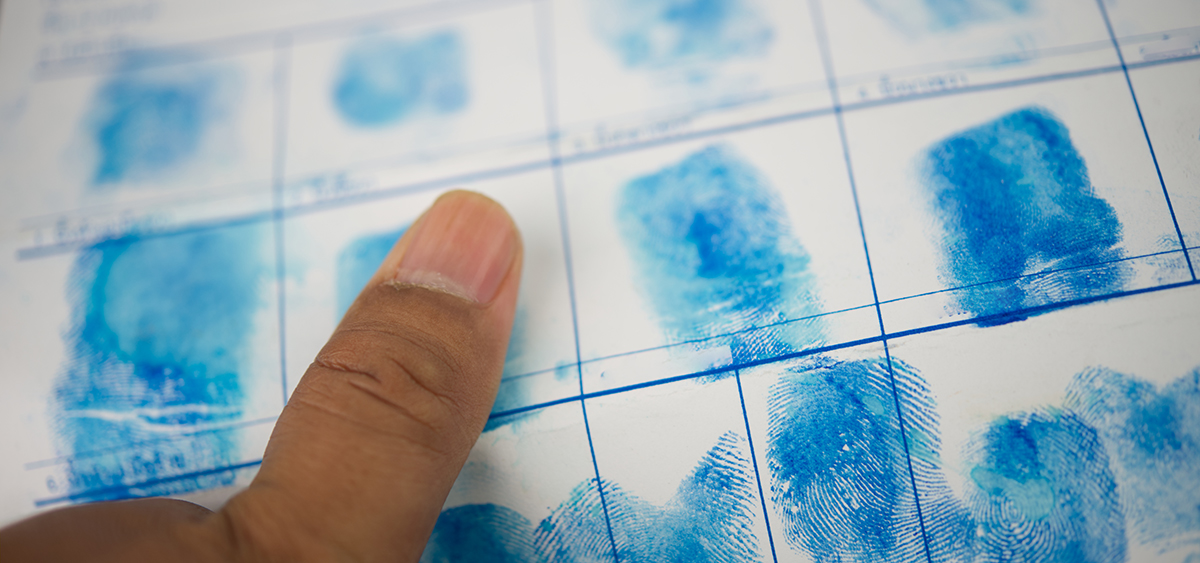When a victim of crime files a complaint with the police, the police will investigate to identify the suspect and gather as much evidence as possible. The police will then submit their investigation file to the prosecutor for criminal and penal prosecutions.

The prosecutor for criminal and penal prosecutions decides whether to formally accuse the suspect of a crime
In a criminal trial, the decision to prosecute belongs to the prosecutor of criminal and penal prosecutions, not the victim or the police. The prosecutor makes that decision after analyzing the evidence in the police investigation file.
Criminal and penal prosecutions attorneys are commonly called “prosecutors” or “Crown prosecutors”. They are lawyers who prosecute the accused on behalf of the government and act in the public interest. Although they do not represent victims, they still must consider the rights and interests of each victim.
If the prosecutor decides to authorize charges against a suspect, that person is formally charged and becomes “the accused”. This step marks the beginning of court proceedings. The accused must then “appear” before a judge for the first time. After that, the victim is sent a letter stating the accused’s name and the crimes that the accused faces.
|
Please note! A specialized court for sexual and domestic violence is being set up in Quebec. To learn more, visit the Quebec government website (French only). If you are experiencing sexual or domestic violence, see our list of resources that can help. |
Requirement of “sufficient evidence” to prosecute a suspect.
The investigation file must contain sufficient evidence for the prosecutor to decide to charge a suspect. This means that the prosecutor must be convinced that there is enough evidence that a judge or jury could reasonably find the suspect guilty of the crime charged.
To convict, the prosecutor must convince the judge or jury that the accused is guilty “beyond a reasonable doubt”.
When a prosecutor decides not to charge the suspect, it doesn’t mean that the victim was mistaken or not telling the truth. It only means that the police investigation did not uncover enough evidence for the prosecutor to believe that a conviction is possible. For example, the prosecutor may not be sure that the suspect was the person who committed the crime.
|
Please note! Whether or not the suspect is accused, there are resources to help and support victims. |
Alternatives to trial
Even if there is enough evidence to file charges, the prosecutor can decide to transfer the file to Quebec’s non-judicial treatment program or to its general alternative measures program.
Non-Judicial Treatment Program
The prosecuting attorney could decide not to bring charges against the accused but instead send one of the following documents to the accused:
- a warning letter stating that judicial proceedings will not be brought against the accused this time, but that they may be brought if the accused commits another crime; or
- a notice, reminding the person that the deadline for fulfilling the repayment condition of their probation order has expired, and that they can avoid prosecution by repaying promptly.
For more information on this program, visit Justice Québec’s website.
General Alternative Measures Program
Even if the prosecutor decides to charge the suspect, the suspect may be given an opportunity to resolve the dispute outside traditional court proceedings. Under the general alternative measures program, accused persons can take responsibility for their actions and actively get involved in compensating for the harm they have caused. Various measures can be applied, including:
- attending mediation sessions, on condition that that the victim agrees to participate
- paying financial compensation
- performing community service
- going for psychological counseling.
For more information on this program, visit Justice Québec’s website.





